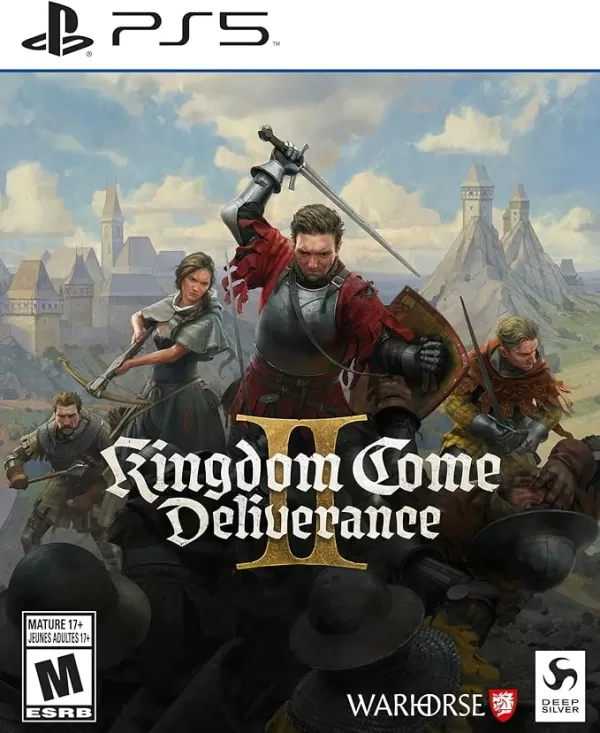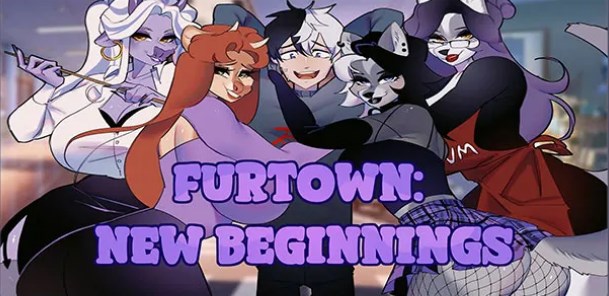Warner Brothers' recent decision to remove its entire catalog of original Looney Tunes shorts from HBO Max has left fans and animation enthusiasts reeling. These legendary shorts, which spanned from 1930 to 1969, represent a "golden age" of animation and have been instrumental in shaping the identity of Warner Brothers.
According to Deadline, this move is part of a broader strategy to focus on adult and family programming, as children's content reportedly does not attract significant viewership on the platform. This shift in priorities seems to overlook the cultural significance of the Looney Tunes series. For instance, HBO's decision to end its deal with Sesame Street at the end of 2024 further underscores this trend, despite the show's foundational role in childhood education since 1969. While some newer Looney Tunes spinoffs remain available on HBO Max, the essence of the franchise has been stripped away.
The timing of this decision is particularly poignant, coinciding with the theatrical release of "The Day the Earth Blew Up: A Looney Tunes Story" on March 14. Originally commissioned by Max, the film was sold to Ketchup Entertainment following the Warner Brothers and Discovery merger. With a limited marketing budget, the movie has only managed to earn slightly over $3 million during its opening weekend across more than 2,800 theaters nationwide.
The public's reaction to the handling of last year's "Coyote Vs. Acme" suggests that there might have been greater interest in "The Day the Earth Blew Up" had it been more widely promoted. Warner Brothers Discovery's choice to shelve "Coyote Vs. Acme," despite its completion, due to distribution costs, sparked significant backlash. In February, actor Will Forte expressed his frustration, calling the decision "f—king bulls—t" and noting that it was both inexplicable and infuriating.
This series of events highlights a troubling trend for fans of classic animation and underscores the ongoing debate about the value and preservation of culturally significant content in the streaming era.









